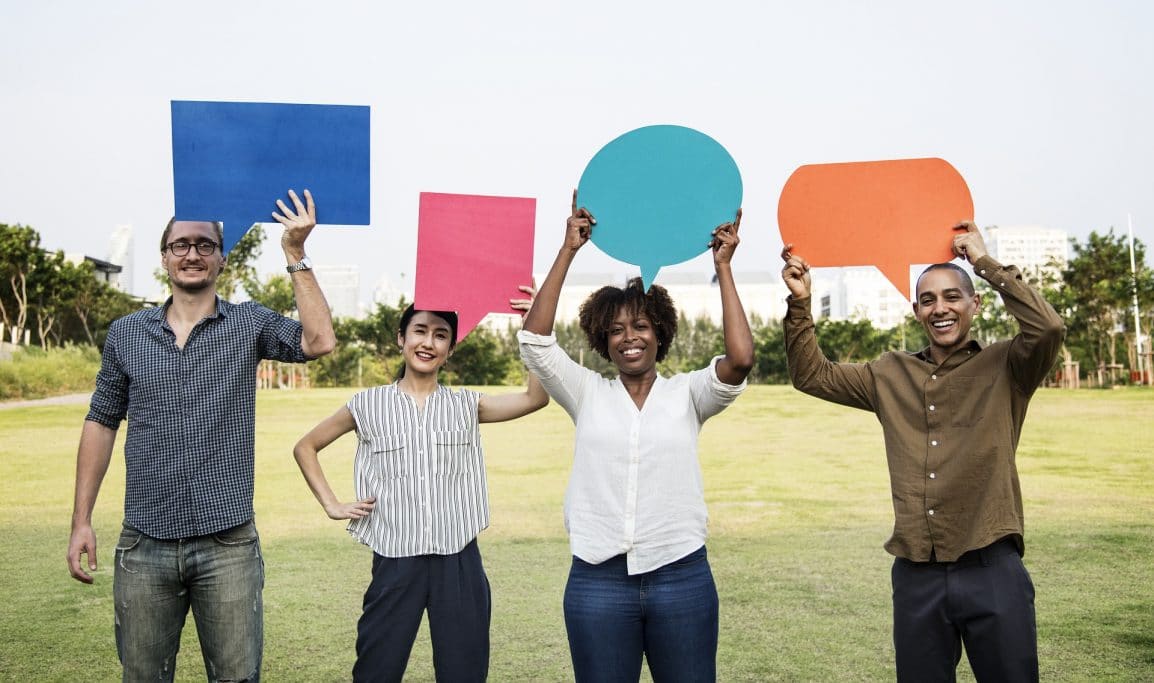Learning a new language can be both fun and challenging. In my experience, it has been extremely rewarding to know how to speak more than one language, and these skills let me communicate with a wider range of individuals and have broadened my understanding of different cultures and ways of life.
I have been bilingual for most of my life, and I enjoyed learning a third language, Spanish, in middle school and high school. I am definitely not fluent yet, but over the years, I feel like I’ve gained a good grasp of the language. I love it when I hear people speaking Spanish in public and can understand their conversation, especially with a native Spanish accent or when I’m listening to a Spanish song and can understand the lyrics. I’ve enjoyed my language classes in school, and being exposed to a different language and putting effort into learning it has been an exciting process.
However, learning a language is not just book work like learning tends to be in many other classes. It requires a lot of interpersonal communication practice and exposure to the language in formats like cultural activities, podcasts, and music- not just your standard writing and grammar exercises.
Here is a list of ways to gain a better grasp of the language you are trying to learn:
Find People to Talk to Using the Language:
The best way to improve your speaking skills is to practice speaking the language! If you are taking a class in a traditional school setting, you will have to communicate with your teacher and classmates using the language multiple times (if not daily) during the course. Take advantage of these opportunities!
The beauty of being in a language class is that everyone is there to learn and no one is an expert. So don’t be afraid of making mistakes! Make the best of these opportunities, and always know that it is okay to mess up. Not only are you learning from your errors, but your classmates will be learning from them too.
If you are not taking a course on the language, or it isn’t a traditional course in a classroom setting, find speaking opportunities for yourself so you can practice the language. I would recommend finding a friend who either knows the language or is learning it too. That way you can speak to them in the language on a regular basis to get better at these skills.
If you aren’t able to find such a person or don’t feel comfortable practicing with someone you know, go to your local library or get in contact with local community centers so they can connect you with resources and opportunities where you can practice these skills. I know students who’ve volunteered in classrooms at local elementary schools with Spanish speaking students and have been able to immensely improve their speaking and communication skills.
Attend Cultural Events and Take Advantage of Opportunities Nearby:
Whether it’s visiting a traditional restaurant and speaking to your server in the language or attending festival celebrations, it’s always a good idea to get involved culturally. These opportunities will not only give you an outlet to practice speaking the language. They allow you to gain a deeper understanding of the language by expanding your cultural knowledge and perspectives. This will further motivate you to learn the language since you are able to place it in a cultural context. In addition, you will get to know more people and broaden your social network. This is can come in handy if you are looking to gain experience in the future.
Finally, if you are given an opportunity to travel abroad and are able to do so, I highly encourage it! Being in a setting where you are able to experience a culture and practice a language at the same time is super nice, and is a very fun and helpful way to quickly pick up and get better at a language.
Listen to Podcasts or TV/Radio Broadcasts:
Listening to podcasts and TV/radio broadcasts gives you exposure to the conversational dialects of your selected language . Oftentimes, when languages are taught in a classroom setting, skills are taught in a traditional manner. However, this isn’t always the way the language is commonly spoken. Additionally, you will probably notice that people speak faster in podcasts and TV/radio broadcasts than you are used to when listening to audios in class.
Do a simple Youtube search to find options or visit this website for potential resources that may help you.
The great thing about podcasts and TV/radio broadcasts is that you can do other things while listening to them. That is, if you are still able to follow along with what the audio is saying. If you aren’t at this level yet, allocate time in your schedule to listen without distractions.
Books/Music:
If you are able to find picture books or chapter books and/or simple songs in the language you are trying to learn, I would highly recommend doing so! These are really good resources for helping you practice your reading and listening skills. In terms of books, I would recommend doing a Google search to find books that professionals who teach the language you are learning would recommend for different levels. Often times, these books will have readers’ resources, such as keywords defined in English or a simple summary of each chapter, so you are able to get a general idea of what is going on in the story even though you may not be able to understand every single word and sentence.
As for music, Youtube and Spotify will help you. Start off with slower songs and move to faster ones as your listening skills improve and you are able to better comprehend what is being sung.

